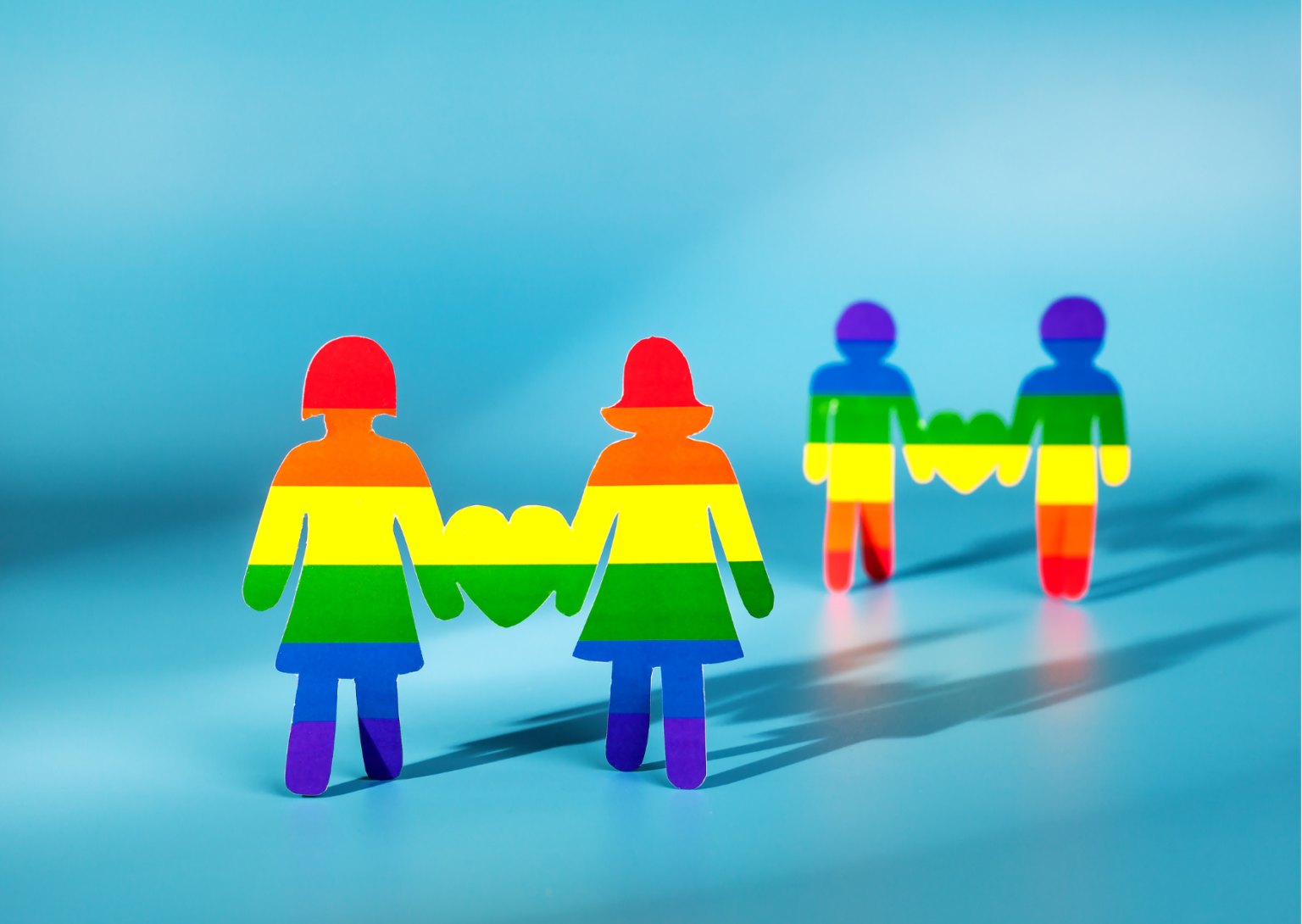New Delhi, April 19.
The Supreme Court on Wednesday rejected the Union government’s claims that same sex relationships were an urban, elitist concept, and consequentially the demand to recognise their right to marry, adopt children and have families was urban, elitist too.
The central government had argued that though the community was allowed to exist in ancient India there was nothing to show that they married and were allowed to raise children. “This is a very urban, elitist concept,” Solicitor General Tushar Mehta had argued.
Same sex marriages were against the personal laws of every major religion, he said.
Creating a socio-legal system that recognises such marriages would disrupt the traditional family systems and create additional problems of dealing with the fallout of such marriages on children, and issues such as inheritance and succession, he had suggested.
“Where’s the data to prove that this is an urban, elitist concept?” a five-judge bench led by Chief Justice of India D.Y. Chandrachud asked today. More and more people may be coming out in urban areas because they are more aware, the CJI observed.
But that doesn’t suggest that it is urban, elitist. There’s no data to back this view, the CJI said.
The CJI’s statement came during arguments by senior advocate Abhishek Manu Singhvi that the state cannot discriminate against anybody on the ground of their sexual orientation or their gender identity.
Since you are saying that these character traits and innate to some, these cannot be class specific, the CJI said. “It may be more urban in its manifestation in that more and more people are coming out in urban areas,” the CJI added.
Senior advocate K.V. Vishwanath pointed out that several LGBT persons had been thrown out by their families and had to struggle to survive and come up on their own. The government could have been more gracious considering the lives they have led, he said.
The coming out in greater numbers in urban areas is possibly due to the higher awareness and the security accorded by the sheer anonymity of big cities. There’s no data to show that it was not a reality in rural areas either. One thus cannot presume that such relationships do not exist in the countryside.
Gender fluidity is the norm rather than the exception in nature.
The court had acknowleged this when it had decriminalised all adult consensual sexual behaviour including homosexual behaviour by reading down Section 377, IPC. The demand for acknowledging the LGBT community’s right to marry, adopt and raise kids, is a natural corollary to the right to their life and dignity.
“Time is passing us by. Some are going abroad and getting married. We need to be treated just like heterosexual couples. Enjoy the same rights to marry, adopt and have families. Anything short of it stigmatises us,” senior advocate Mukul Rohatgi argued earlier in the day.
The court will continue to hear further arguments in the case tomorrow.

